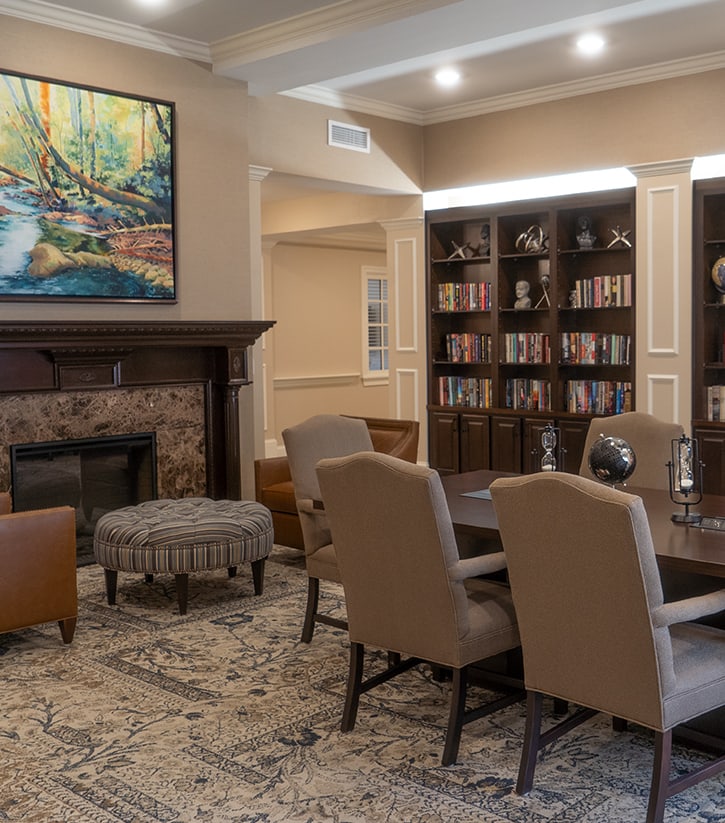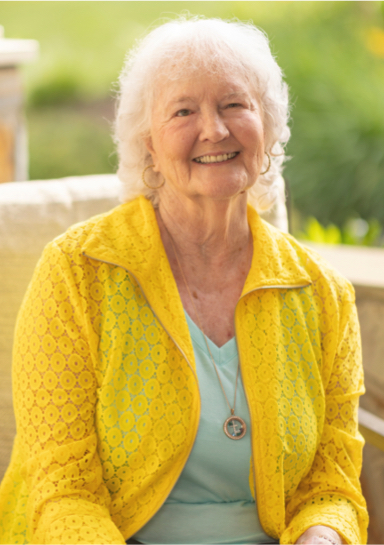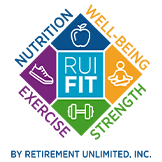When a loved one is diagnosed with dementia, finding ways to keep them mentally engaged becomes essential for their overall well-being.
Simple jigsaw puzzles, word searches, and trivia games with familiar themes are excellent options for seniors with dementia, as they provide both mental stimulation and moments of joy.
These activities can help maintain cognitive function, reduce anxiety, and foster a sense of accomplishment. The key is to choose games that match their current abilities while gently challenging their mind to stay active and engaged.
Benefits of Puzzles & Trivia for Seniors with Dementia
Keeping the brain active is crucial for maintaining cognitive health for people with dementia, and puzzles and trivia games are excellent tools for this purpose. The benefits include:
- Engaging multiple brain areas: Jigsaw puzzles boost visual processing, motor skills, & problem-solving, while trivia strengthens memory.
- Encourages social interaction: These activities create bonding opportunities with family & caregivers, reducing isolation.
- Boosts mood & self-esteem: Finishing a puzzle or answering a trivia question provides a sense of accomplishment.
Including these activities in daily routines can improve the mental and emotional well-being of older adults with dementia.
What Makes a Puzzle Suitable for Someone with Dementia
Finding the right puzzle for seniors with dementia can provide meaningful engagement and reduce anxiety. Use these quick tips to tailor puzzles to their needs so that you can create a positive and enjoyable experience:
- Match the difficulty level to their abilities: Choose puzzles that align with their current skills to avoid frustration or a lack of interest.
- Keep instructions simple: Select puzzles with intuitive gameplay to prevent overwhelming them with complex rules
- Consider the time commitment: Short activities of 15–30 minutes are ideal for maintaining interest & avoiding fatigue.
Jigsaw Puzzles for Seniors with Dementia
Jigsaw puzzles are a therapeutic activity for seniors with dementia, offering tactile stimulation, visual challenges, and a sense of progress.
- Large-piece puzzles (12–50 pieces): Oversized pieces are easier to handle for seniors with arthritis or reduced motor skills while still providing the joy of completing a puzzle.
- Familiar scene puzzles: Puzzles with nostalgic themes, like 1940s–1960s scenes or classic cars, tap into long-term memory, often sparking meaningful conversations.
- Wooden puzzles with raised edges: Pieces with raised borders are easier to grasp, & the durable wooden material provides a satisfying tactile experience.
These thoughtful puzzle options cater to diverse needs while promoting accomplishment and joy, so seniors of all abilities can enjoy this engaging activity.
Word Games for Seniors with Dementia
Word games stimulate the brain’s language centers and tap into long-term memory. These types of activities are invaluable, as language skills often last longer than other cognitive abilities. Try classic word games like:
- Large-print word searches use larger letters & simple word lists with familiar categories, such as animals, foods, or household items.
- The searching motion offers gentle mental exercise without being too complex.
- Simple crossword puzzles designed for seniors with dementia use larger squares, simple clues, & familiar vocabulary.
- Many focus on their generation, making it easier & more engaging.
- Word association games are verbal games where caregivers say a word, & seniors respond with the first word that comes to mind.
- These boost quick thinking & spark interesting conversations.
These activities provide mental stimulation and foster meaningful connections between seniors and their caregivers. Incorporating word games into daily routines can improve cognitive function and bring moments of joy.
Card Games for Seniors with Dementia
Card games offer social interaction and cognitive stimulation, making them an excellent choice for seniors with dementia. Their familiar feel and simple mechanics make them accessible and enjoyable. Try a round of these fun, classic card games:
- Go Fish uses simple matching & memory skills. The repetitive task of asking for cards helps maintain routine, while the social aspect keeps it engaging.
- Memory matching, played with a partial deck, where players match pairs of face-down cards, boosts short-term memory & focus without causing frustration.
- War is a simple game of comparing card values with no need for strategy or memory. Ideal for seniors in later stages of dementia who enjoy social interaction.
- Old Maid is an easy matching game with an extra challenge—to get the ‘old maid’ card out of your hand—to keep it interesting without requiring complex decisions.
These games bring entertainment, connection, and joy, offering valuable moments of engagement and familiarity for seniors with dementia.
Dominoes for Seniors with Dementia
Dominoes offer great tactile stimulation and visual pattern practice. Their weight and texture provide sensory benefits, while gameplay builds matching and counting skills. Try these games with dominoes:
- Double-6 uses a smaller set (28 pieces), making games easier to manage & featuring simpler number combinations to match.
- Block is a straightforward version where players match numbers on the ends of dominoes; the visual feedback helps confirm correct moves.
- Chickenfoot is a variation where dominoes branch out from a central hub, creating satisfying & easy-to-follow patterns.
- Stacking is a simple activity that can be calming, with the repetitive motion & clicking sound adding to the experience.
Domino games combine fun, strategy, and relaxation, making them suitable for all ages and fostering connection and creativity.
Trivia for Seniors with Dementia
Trivia games engage long-term memory, which often remains strong even as other cognitive abilities decline. Reminiscence can trigger positive memories and encourage storytelling among friends, family, and loved ones.
Try these trivia ideas:
- Music from their era: Questions about songs & artists from the 1940s–1960s often spark enthusiasm. Music memories are persistent & can evoke emotional connections & stories.
- Historical events: Questions about events like World War II, the moon landing, or early TV shows access well-preserved memories & encourage sharing experiences.
- Movie & TV stars: Questions about classic Hollywood actors like Clark Gable or Marilyn Monroe, or TV stars that made it big, like George Clooney, often prompt strong recall.
These trivia activities stimulate memory, spark conversations, and bring moments of joy. Tailoring questions to familiar topics can create a sense of connection and accomplishment for individuals with dementia, fostering a sense of purpose and well-being.
Overcoming Challenges by Trying New Puzzles

Introducing puzzles and games to seniors with dementia can be both engaging and rewarding, but flexibility is key. You can help create a positive experience by adapting activities to their changing abilities and preferences:
- Start with familiar activities they enjoyed before their diagnosis, like crossword puzzles or their favorite games.
- Simplify games when needed, like using an easier jigsaw puzzle with larger pieces or helping with a word search.
- Celebrate small victories, focusing on fun & engagement over perfection, giving them time to accomplish at their own pace.
The goal is to create moments of connection and joy. By staying flexible, you can help seniors with dementia stay engaged in a meaningful way.
Creating Meaningful Moments Through Mental Stimulation
The Westmont at Short Pump, part of Retirement Unlimited, Incorporated (RUI), understands that for seniors with dementia, success isn’t measured by completion or perfect performance.
The true value is moments of engagement, the spark of recognition, and the sense of accomplishment that comes from participating in meaningful activities.
Contact us today to learn more about how our community creates opportunities for mental stimulation that respect the person’s dignity while supporting their cognitive health.













